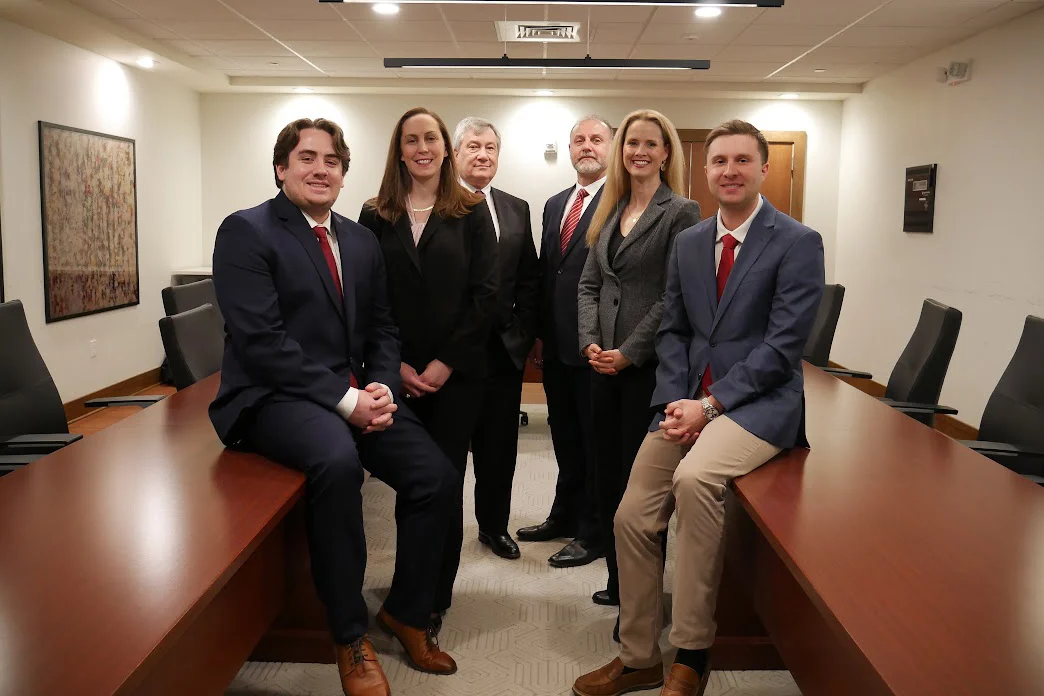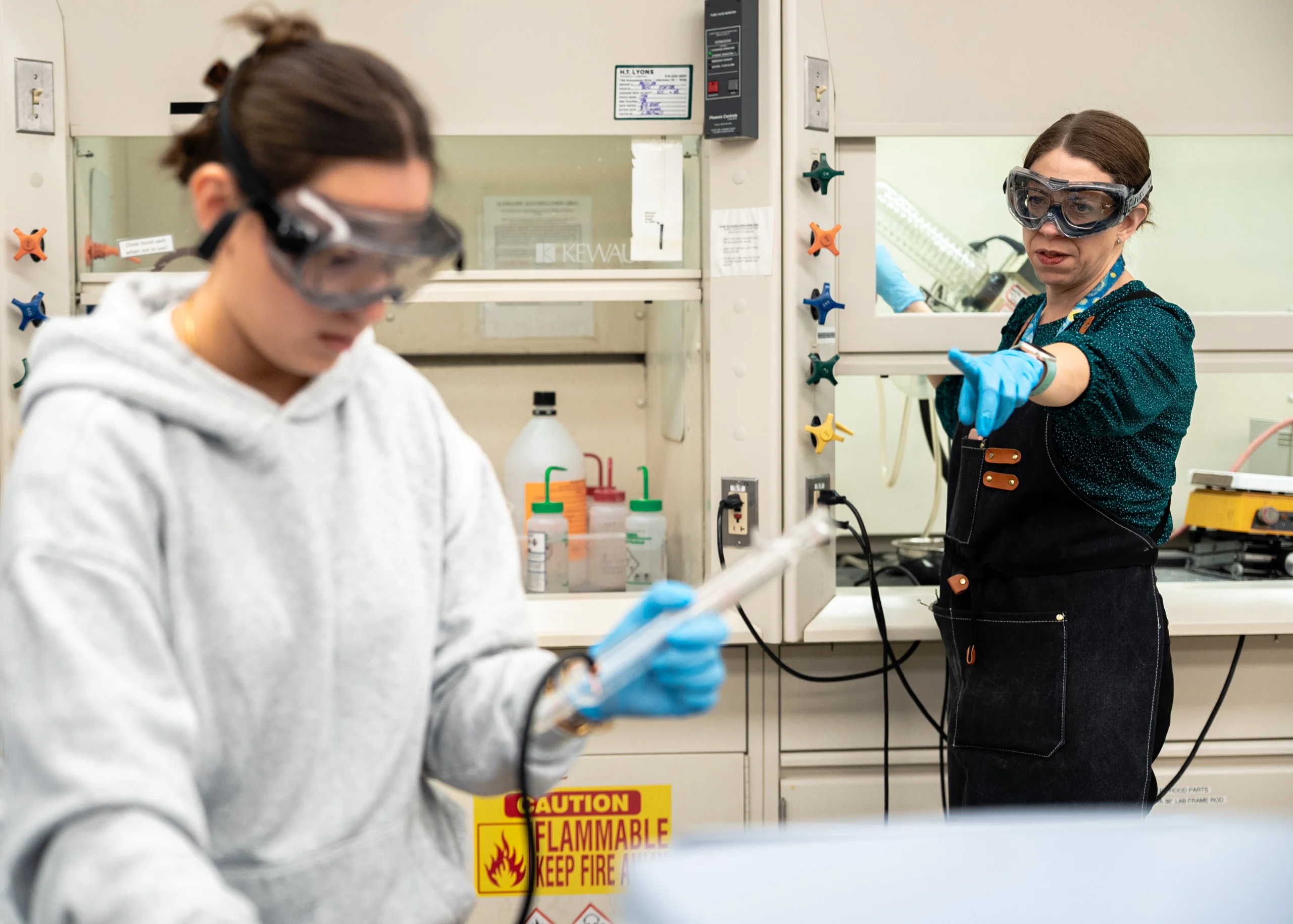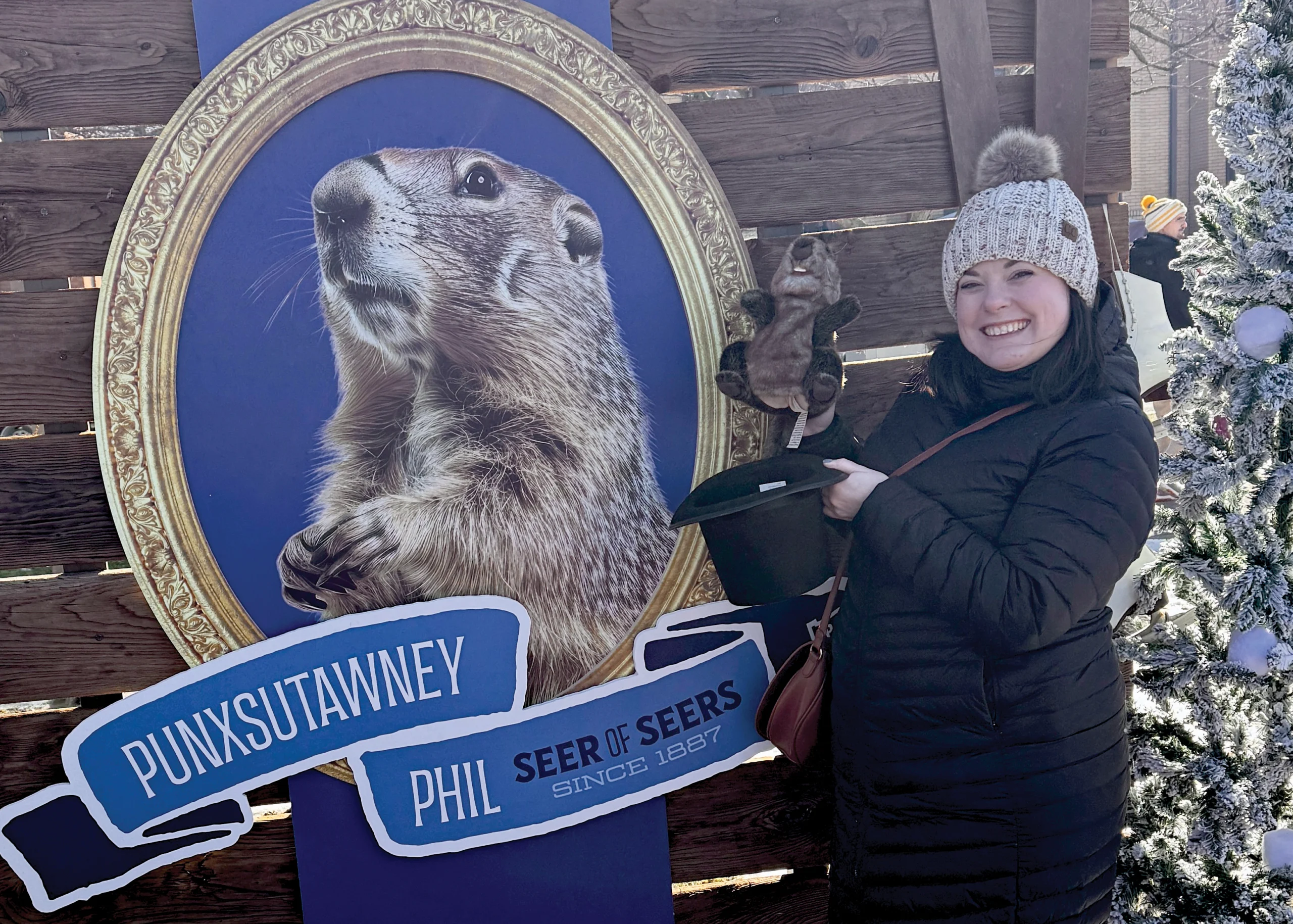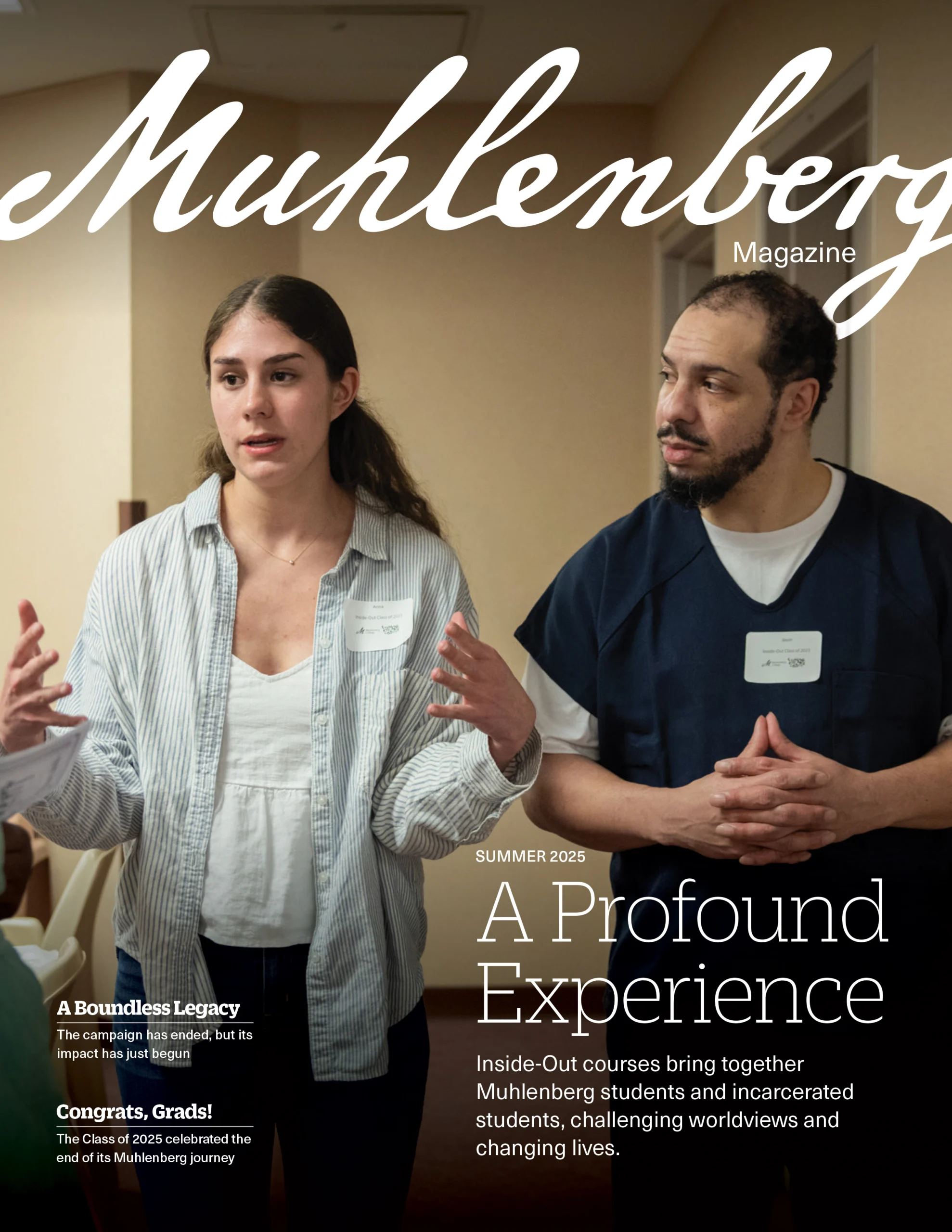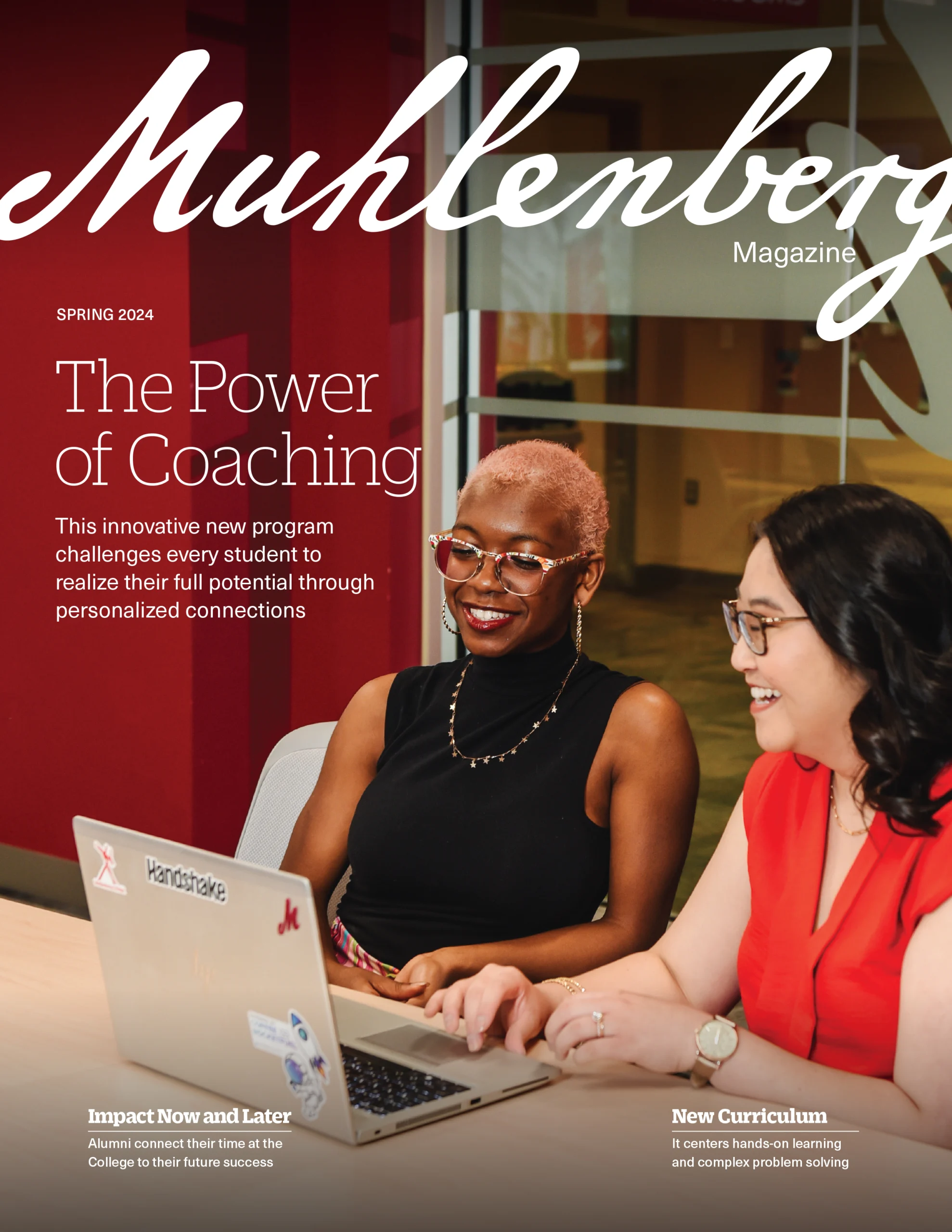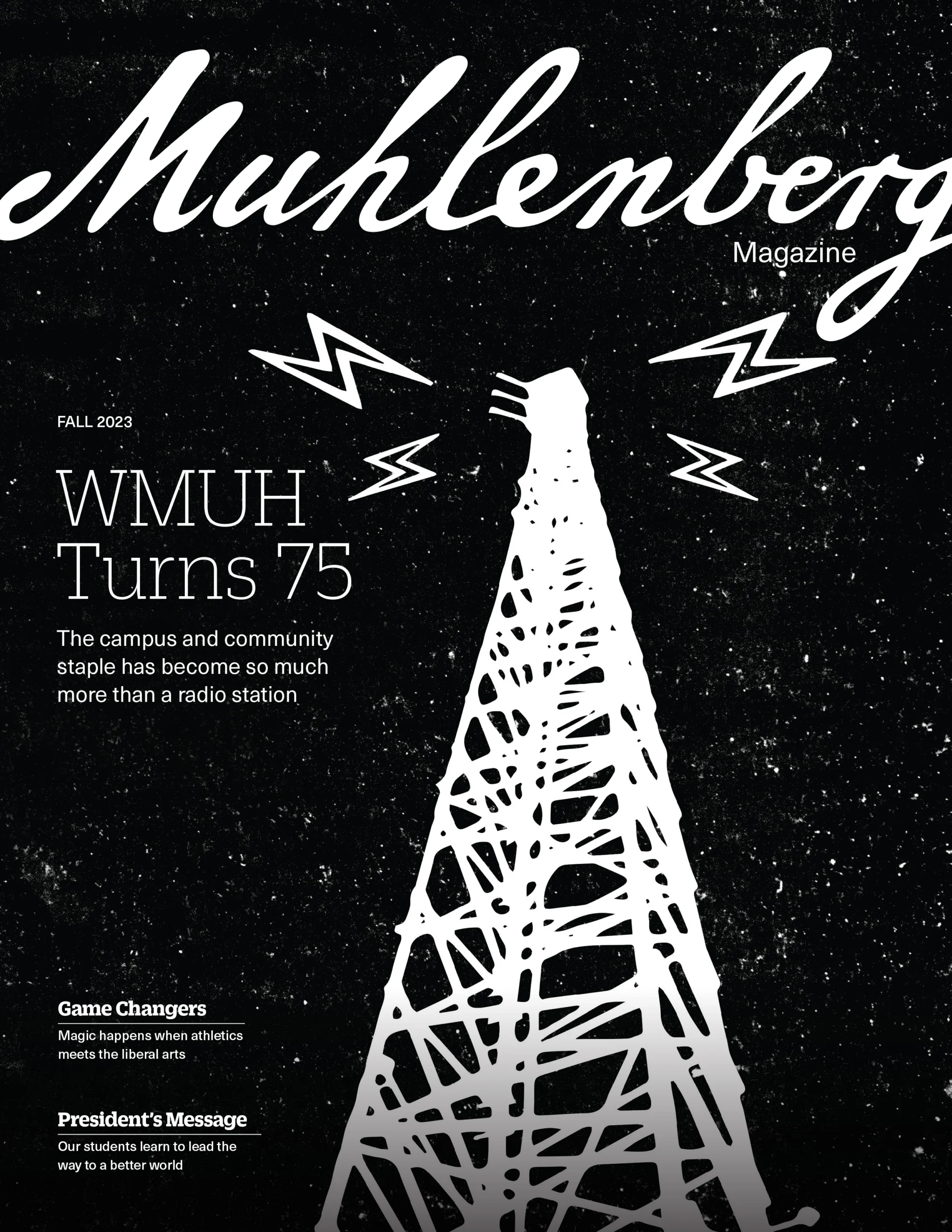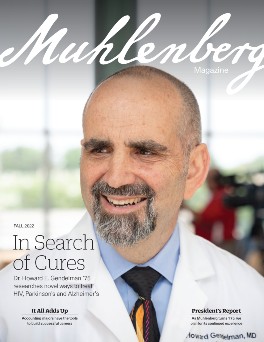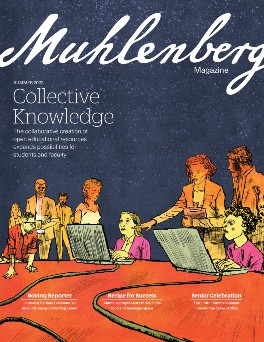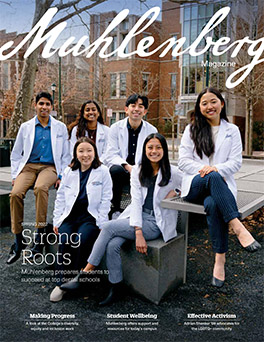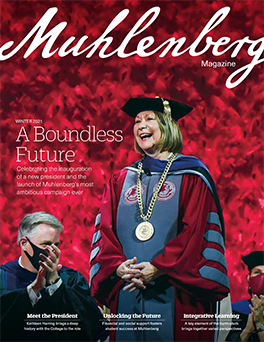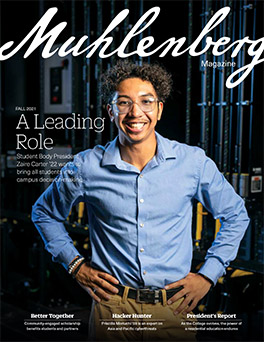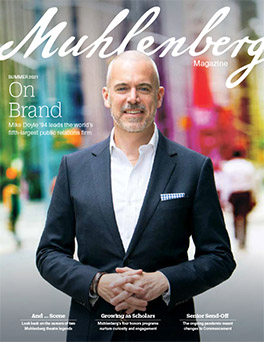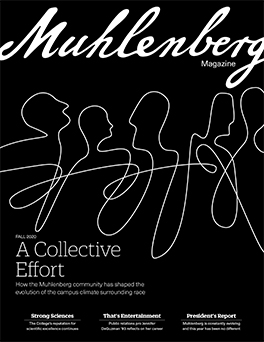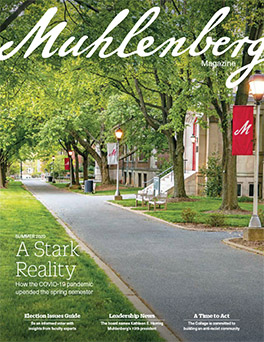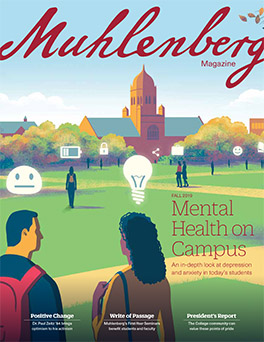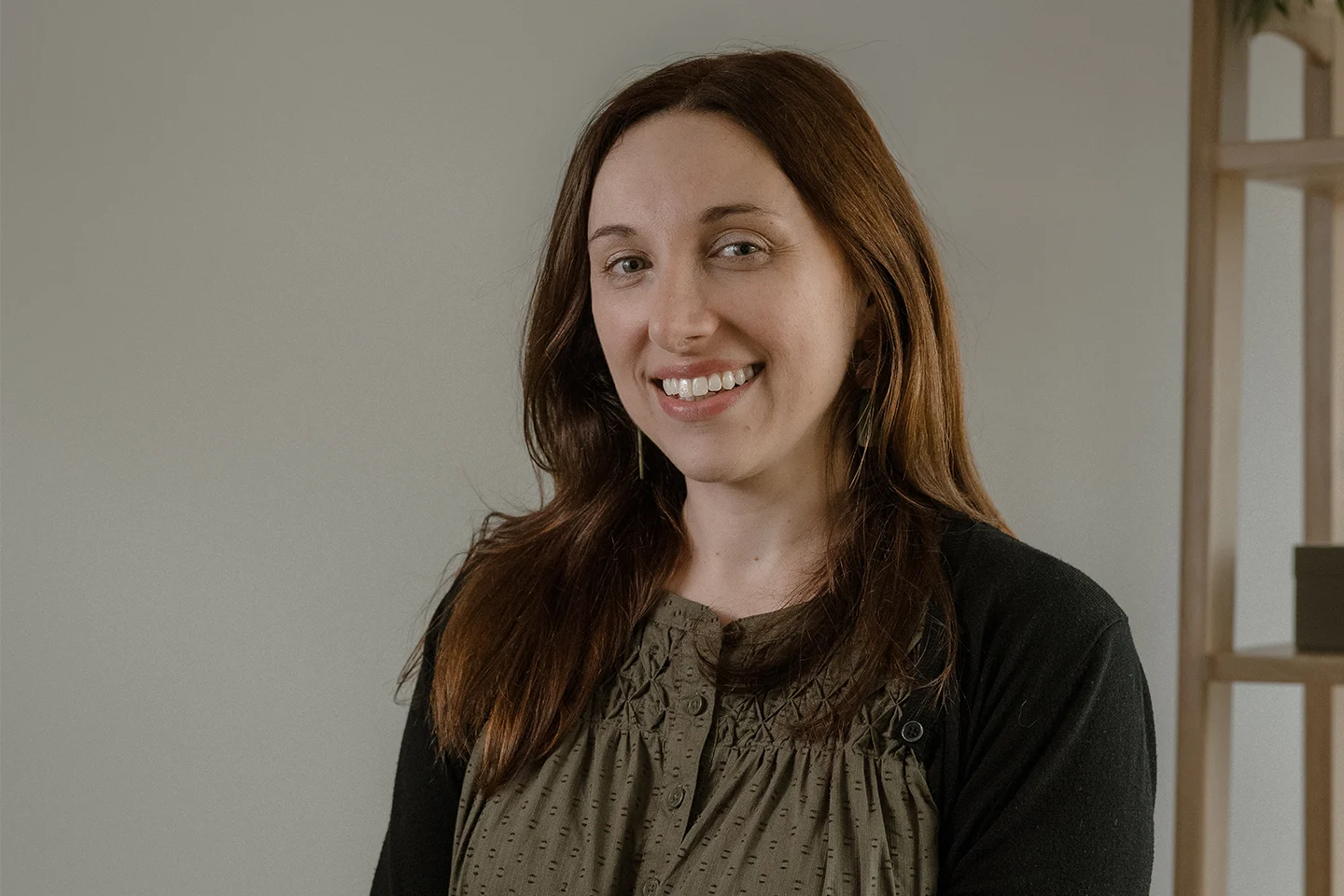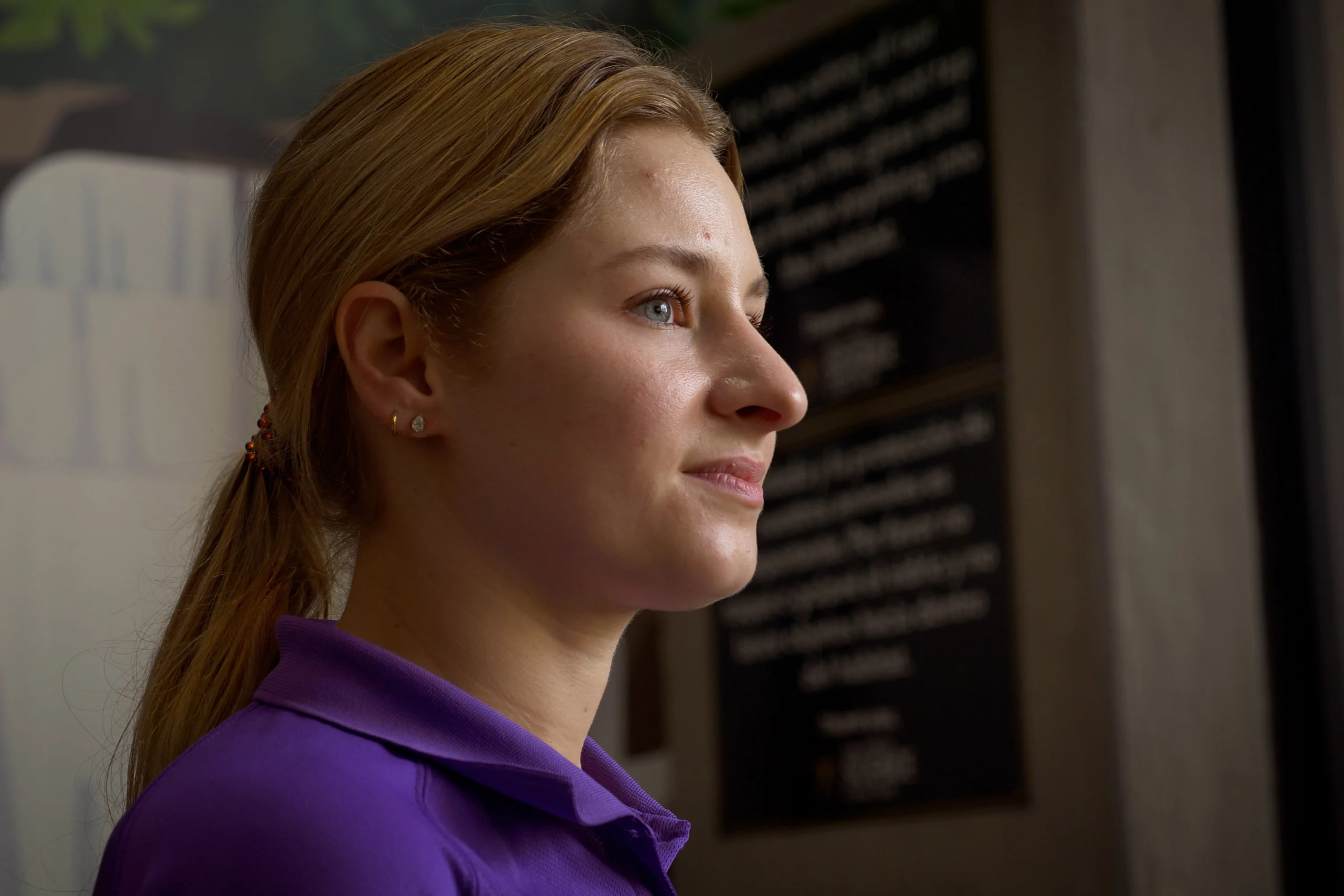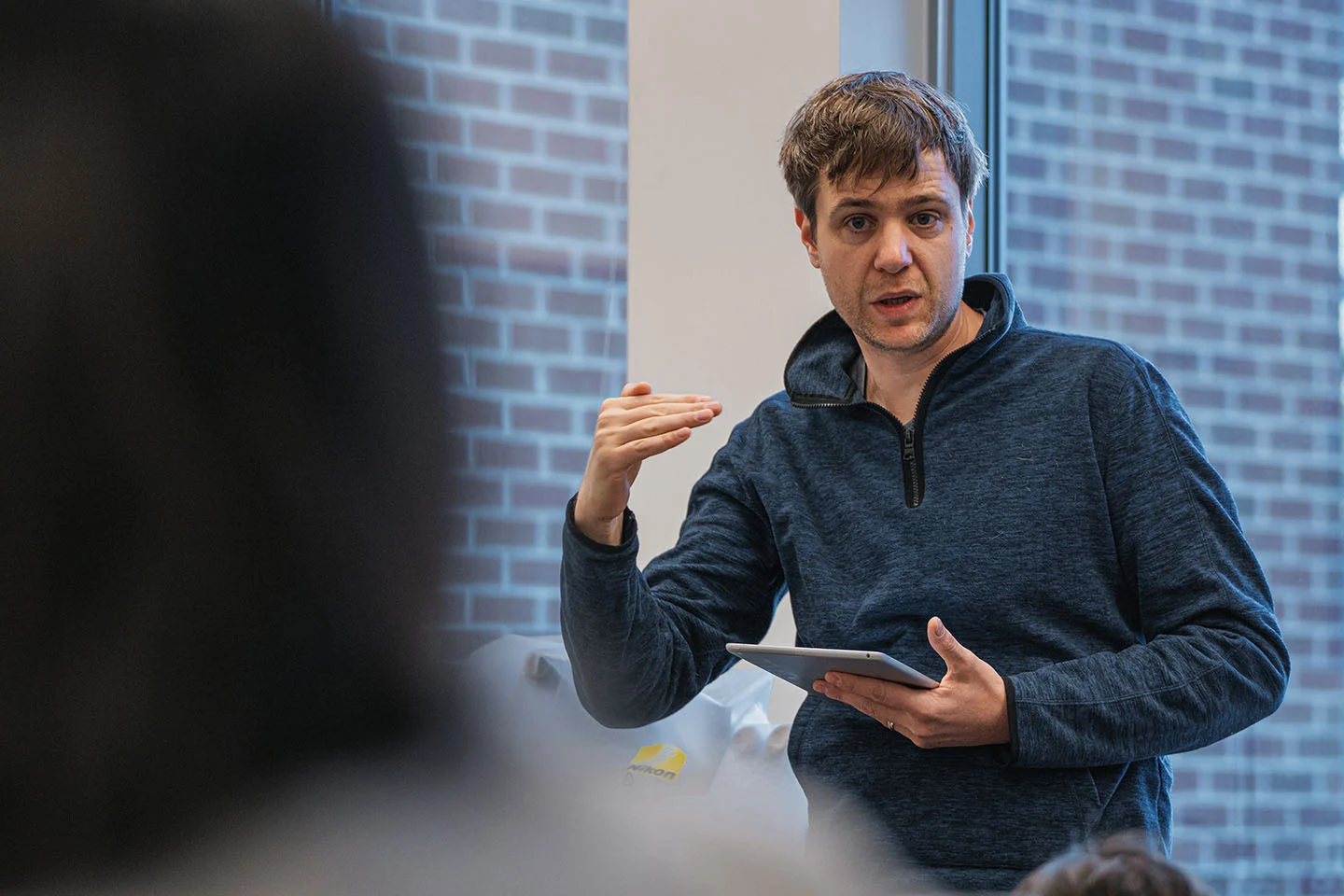
Why I Study Cognitive Neuroscience
Associate Professor of Neuroscience Matthieu de Wit explains how he came to conduct research at the intersection of behavior and the brain.
I have always had an interest in animals, so when it was time for college, I was considering studying ethology, that is, animal behavior. I realized I had to get through a lot of biology I was less interested in before I got to the good stuff. Two of my brother’s friends were studying psychology. I learned that it focused on the biological stuff I was interested in (the nervous system) plus behavior and cognition.
So I studied psychology at the University of Amsterdam. I read an article by psychologist James J. Gibson that strongly rejected the idea that neural activity is a representation of the environment or the body. I was offended by that at first because it was a foundational assumption of mainstream psychology. He wrote that the function of perception is to perceive opportunities for action, arguing that perception and action are kind of folded into one. From an evolutionary standpoint that made a lot of sense. That reading led me to become interested in the philosophical underpinnings of science. If your assumptions are different, you’re going to ask different questions and get to different understandings.
“If your assumptions are different, you’re going to ask different questions and get to different understandings.”
One of the same friends of my brother had started a Ph.D. at the Free University of Amsterdam. We were chatting and he said, “Oh, you’ve been reading Gibson? You’ve been reading about ecological psychology. My officemate is an ecological psychologist.” And I was like, “This field exists? This isn’t just some random, crazy stuff?” I arranged a meeting with his officemate and his advisor, and they allowed me to do an independent study.
That ultimately led me to pursue a Ph.D. in experimental psychology
at the University of Hong Kong. Then, I did a three-year postdoc in neurorehabilitation and translational neuroscience in Philadelphia. I worked primarily with stroke patients who had a disorder of skilled action that manifests in deficits using everyday tools such as utensils, affecting their ability to live independently. We were trying to develop more effective treatments and to better understand how neurologically intact brains support behavior and cognition.
My mentors were mostly writing grants. They were always asking, “What would the review committee like?” They weren’t really pursuing their own questions. I wanted to stay in science, but I didn’t want to be in this rat race. Then, I got an opportunity to adjunct at Franklin & Marshall College. That really opened up the world of the liberal arts to me. I really love the interdisciplinarity — the idea of approaching a question from multiple points of view, both in teaching and in research.
“My mentors were mostly writing grants. They were always asking, ‘What would the review committee like?’ They weren’t really pursuing their own questions. I wanted to stay in science, but I didn’t want to be in this rat race. ”

